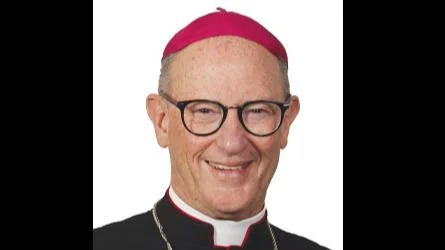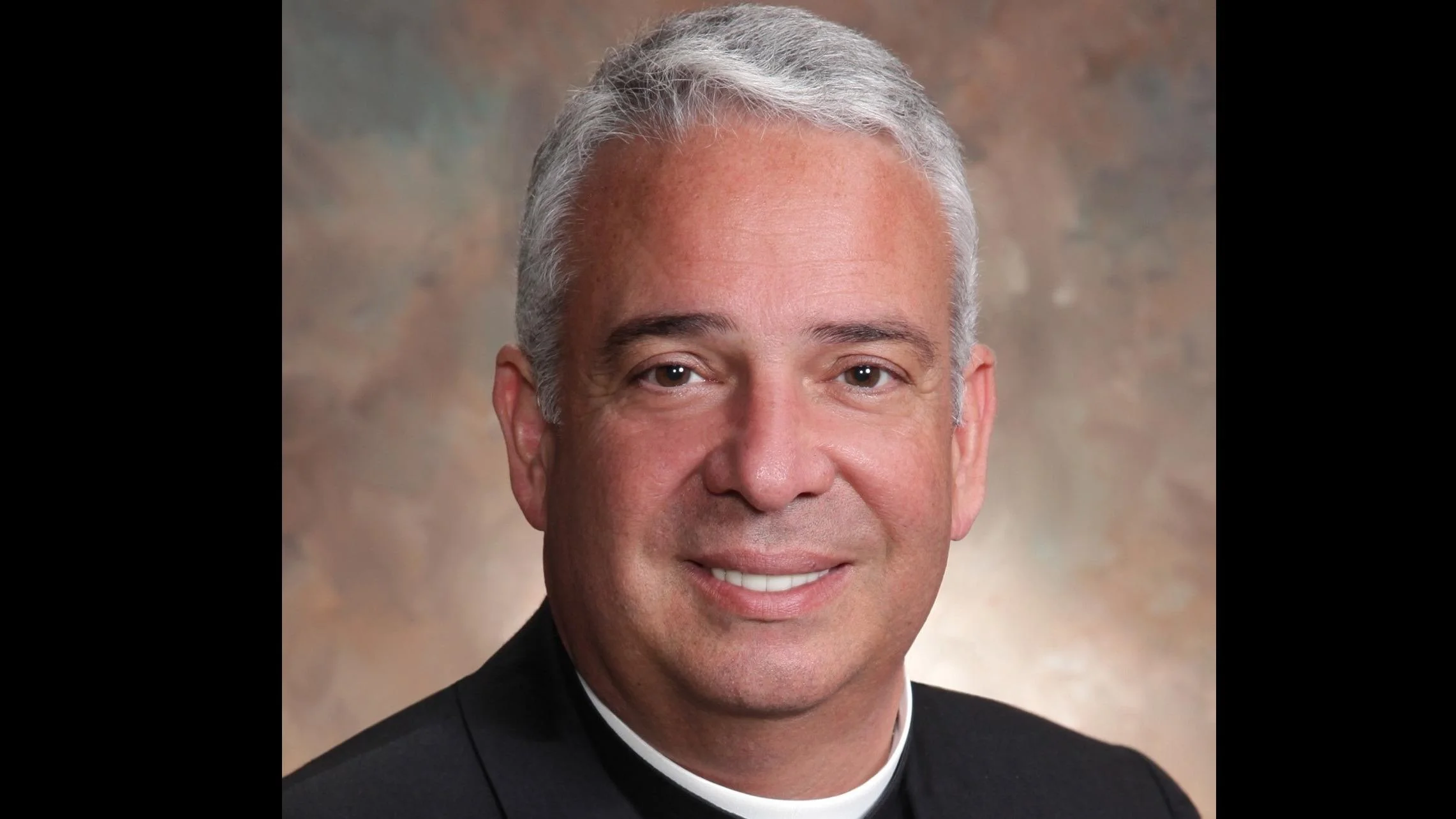
Rev. James D. Conley, D.D., S.T.L. | Diocese of Lincoln website
As students return to school in August, the Diocese of Lincoln has released its latest Humanities Syllabus, focusing on the theme "The Greatness of Truth." The syllabus highlights the importance of leisure as a foundation for education and the pursuit of truth.
Quoting John 14:5-6, the syllabus begins by reflecting on Jesus's words: “Thomas said to him, ‘Lord, we do not know where you are going; how can we know the way?’ Jesus said to him, ‘I am the way, and the truth, and the life; no one comes to the Father, but by me.’”
The document discusses how truth is often misunderstood in contemporary culture. It references Thomas Aquinas’s definition of truth as “the conformity of the mind to reality,” emphasizing that understanding reality brings people together rather than dividing them. The text notes that while only God possesses truth fully, individuals can share what they discover with others through conversation and contemplation.
The syllabus points out that modern society is saturated with information but lacks wisdom. It suggests that leisure allows people to pursue higher things necessary for personal growth. According to the document, this approach underpins why arts and humanities are featured monthly as catalysts for learning.
For film studies this month, Krzysztof Kieślowski’s “Dekalog: One” is recommended. The episode explores themes around technology’s limitations compared to faith. Set during a pivotal time in Poland's history after Communism's decline, it tells the story of a professor whose reliance on computers leads to tragedy when his son dies after trusting a computer’s prediction about ice safety.
In literature, Boethius’s “The Consolation of Philosophy” is selected for its exploration of suffering and happiness through reason guided by Lady Philosophy. Written during Boethius’s imprisonment in late antiquity Rome, it reflects on finding true happiness beyond material success or pleasure.
Art selections include Raphael’s paintings “The School of Athens” and “Disputation on the Sacrament,” which represent philosophical inquiry and theological contemplation respectively. These works are noted for illustrating how faith and reason complement each other in seeking truth.
For music appreciation, Arvo Pärt’s choral piece “Summa” is highlighted. Composed under Soviet rule in Estonia as an act of spiritual defiance, it sets the Nicene Creed—a foundational Christian statement adopted at Nicaea 1,700 years ago—to music using Pärt's signature tintinnabulation style.
Coventry Patmore’s poem “Magna Est Veritas” is included for poetry study. Drawing from biblical sources outside canonical scripture (1 Esdras), it emphasizes that truth endures above all else despite being overlooked by much of society.
The syllabus concludes by encouraging humility before reality and sharing received truths with others: “Jesus told us that ‘the truth will set you free’ (John 8:32). When so many despair of finding it, we go to Jesus himself… There’s no need to be intimidated by truth in our relativistic time.”
Additional recommendations cover classic works such as Plato's "Apology," Chaucer's poetry, Charpentier's choral music Masses, Vermeer art pieces like "The Geographer," as well as age-appropriate selections for children including Collodi's "Pinocchio" and Milne's poems.
Bishop Conley curated these selections with an aim toward fostering continued growth in knowledge through engagement with great works across disciplines:
Book:
“The Consolation of Philosophy” by Boethius
Film:
“Dekalog: One” by Krzysztof Kieślowski
Music:
“Summa” by Arvo Pärt
Poem:
“Magna Est Veritas” by Coventry Patmore
Art:
“The School of Athens,” “Disputation on the Sacrament” by Raphael





 Alerts Sign-up
Alerts Sign-up